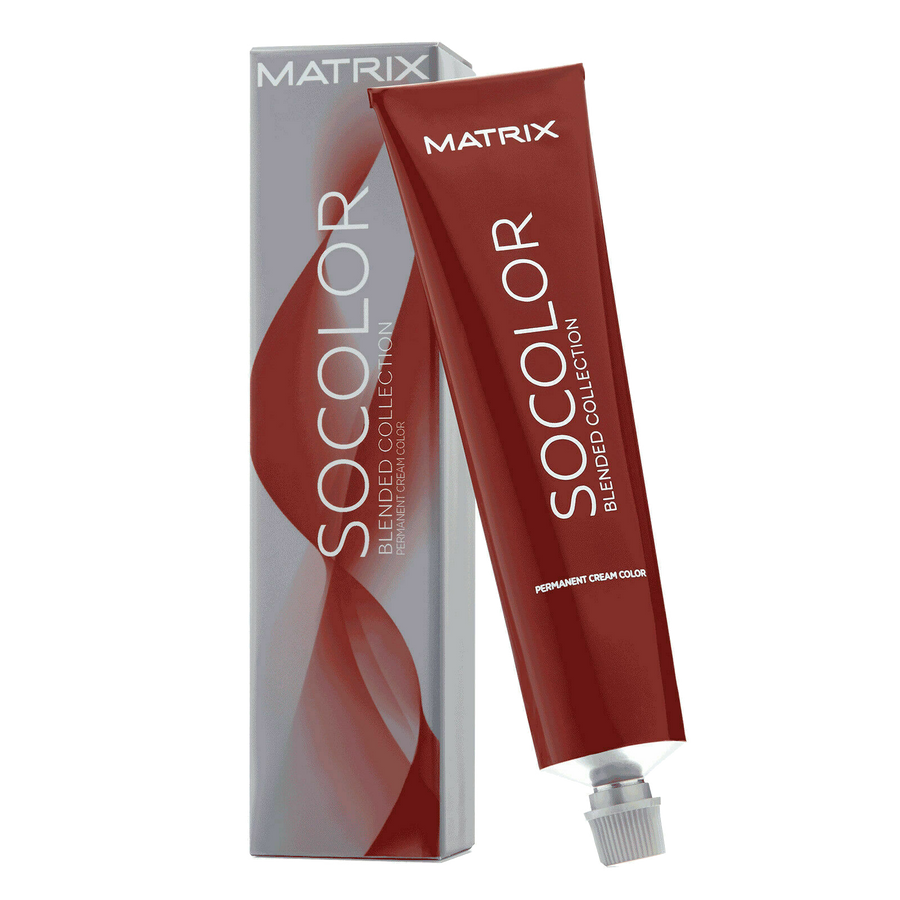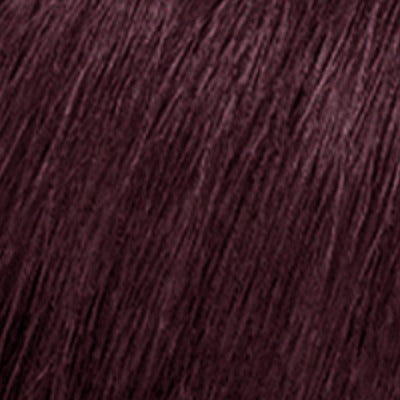The Ultimate Guide to Sulfate-Free Shampoo: Why You Need It and How to Choose the Best One for Your Hair"
Sulfate-free shampoos have grown in appeal among people looking for a kinder and more natural hair cleansing option in recent years. Shampoos without sulphates are thought to be healthier for your hair and the environment because they don't contain harsh chemicals that could dry out your hair's natural oils or harm the environment. In this comprehensive guide, we'll cover everything you need to know about sulphate-free shampoos, including what they are and how they work, as well as their advantages and disadvantages and how to pick the best one for your hair type.

Sulfates are what?
Let's first discuss sulphates before getting into sulphate-free products. Sulfates are a subclass of surfactants, which are cleaning agents that aid in removing product buildup, dirt, and grease from your hair. They are typically present in a variety of personal care items, such as mouthwash, body washes, and shampoos.
Shampoos most frequently contain sodium lauryl sulphate (SLS) and sodium laureth sulfate, two different kinds of sulphates. (SLES). Although SLS is renowned for its potent cleansing abilities, it can be very damaging to the hair and skin. Although SLES is a slightly milder version of SLS, some individuals may still experience irritation from it.
What is shampoo free of sulphates?
Sulfate-free shampoo is a type of shampoo that doesn't contain sulfates, as the name implies. Sulfate-free shampoos, on the other hand, employ substitute surfactants that are kinder to the hair and skin. The following are some of the most popular substitute detergents found in sulphate-free shampoos:
Cocamidopropyl betaine is a coconut oil-derived surfactant that aids in producing a thick lather and washing away grease and dirt from the hair.
A gentle surfactant made from coconut oil called sodium cocoyl isethionate helps to make a thick lather and clean the hair without robbing it of its natural oils.
Decyl glucoside is a mild surfactant made from coconut and maize oils that aids in cleaning the hair without removing its natural oils.
Sulfate-free shampoo advantages
Let's look at some advantages of using sulphate-free shampoo now that we understand what it is.
Gentle on the Scalp and Hair
Sulfate-free shampoos are kind to the hair and head and a wonderful choice for people who suffer from eczema or psoriasis or other sensitive skin or scalp conditions. Sulfates can dry out and brittle the hair by robbing it of its natural oils. They can also irritate and itch the skin. You can stay away from these problems and take advantage of a kinder, more nourishing cleaning experience by using a sulphate-free shampoo.
Favorable for Colored Hair
Additionally, sulphate-free shampoos are healthier for coloured hair because they are less likely to fade or harm the colour. Sulfates can deplete the hair's natural lipids, which can hasten the fading of the colour. You can help maintain the colour and keep it appearing vibrant for longer by using a sulphate-free shampoo.
Environmentally responsible
Sulfates can harm the ecosystem in addition to being harsh on your hair and scalp. Sulfates can harm aquatic life when they are flushed down the drain and reach waterways. You can lessen your environmental impact and safeguard the environment by using a sulphate-free shampoo.
Increases shine and reduces frizz
Shampoos devoid of sulphates can also help your hair appear and feel healthier by enhancing shine and reducing frizz. Sulfates have the ability to deplete the hair of its natural lipids, which can result in dryness and frizz. Utilizing a sulphate-free shampoo will enable you to keep more of your hair's natural lipids, which will give you smoother, shinier hair.
Favorable for Curly Hair
For people with curly hair, sulphate-free products are a fantastic alternative. Sulfates can make curly hair frizzier and dryer, which are problems already present. You can aid in keeping your curls moisturised and defined, reducing frizz, and enhancing sheen by using a sulphate-free shampoo.
Issues with Sulfate-Free Shampoo
While using sulphate-free shampoo has many advantages, there are some disadvantages as well.
Could Produce Less Lather
Shampoos without sulphates might not produce as much foam as conventional shampoos with sulphates. Although it may appear as though the shampoo is not cleansing your hair as thoroughly as it should, this is not always the case. Shampoos without sulphates can still thoroughly clean the hair even when they don't produce a lot of suds.
May Need More Time to Rinse
Additionally, because sulphate-free shampoos lack the same foaming ingredients as conventional shampoos, they might take longer to clear out of the hair. Some people might find this frustrating, but in order to prevent any buildup, it's crucial to completely rinse your hair.
Potentially More Expensive
cleansers without sulphates sometimes cost more than regular cleansers with sulphates. This is due to the fact that they frequently include higher-quality, all-natural ingredients that are kinder to the hair and skin. To locate a sulphate-free shampoo that fits your budget, do your research as there are still many affordable options available.
What Sulfate-Free Shampoo is Best for Your Hair Type?
Let's discuss how to select the best sulphate-free shampoo for your hair condition now that we are aware of the advantages and disadvantages of sulphate-free shampoo.
Choose Your Hair Type
Choosing a sulphate-free shampoo requires first determining your hair condition. This will assist you in selecting a shampoo that is especially formulated to meet your hair's requirements. Following are some typical hair varieties and their traits:
Hair that is straight: Straight hair frequently has oily bases and dry ends.
Hair with waves: Hair with waves is frequently brittle, frizzy, and tangle-prone.
Curly hair: Curly hair is prone to breaking and tends to be dry and frizzy.
Coily hair: Coily hair has a tendency to be very dry, brittle, and split easily.
Look for components that will benefit your hair.
Once you know what kind of hair you have, you can search for ingredients that will work for it. The following list of typical components and their advantages can be found in sulphate-free shampoos:
Coconut oil: Coconut oil can hydrate and strengthen the hair naturally.
Shea butter: Shea butter can be used as a natural hair conditioner to moisturise and smooth hair.
Aloe vera is a natural moisturiser that can aid in calming and soothing the skin.
Tea tree oil: A natural antiseptic that can help to lessen dandruff and encourage a healthy skin, tea tree oil.
Argan oil: This all-natural moisturiser can aid in strengthening and defending the hair.
Take Your Hair and Scalp Sensitivities Into Account
It's crucial to pick a sulphate-free shampoo that is mild and irritation-free if you have delicate skin or a sensitive scalp. You can also look for shampoos that are particularly formulated for sensitive skin or scalp, such as those that are "hypoallergenic," "fragrance-free," or "gentle."
Keep an eye on the pH level.
When selecting a sulphate-free shampoo, consideration should also be given to the shampoo's pH level. Shampoo should have a pH between 4.5 and 5.5, which is comparable to the pH that the scalp naturally has. Maintaining the health of your skin and hair can be made easier by selecting a shampoo with a pH level within this range.
Get recommendations by reading reviews.
Finally, reading reviews and asking for suggestions from people who have used sulphate-free shampoos is always a smart move. To discover the shampoo that works best for you, read reviews from people with similar hair types and problems, and think about trying out a few different shampoos.
How to Apply Shampoo Without Sulfates
While using sulphate-free shampoo is comparable to using regular shampoo, there are a few considerations to make to guarantee the best outcomes.
Cleanse Your Hair
Start by completely wetting your hair with warm water. Your hair will be cleaned of any debris or product accumulation with this.
Use the shampoo.
After that, massage your scalp with a quarter-sized quantity of sulphate-free shampoo. The majority of oil and dirt buildup takes place on your head, so pay special attention to that area.
Clean thoroughly.
Make sure to completely rinse your hair with warm water to get rid of all of the shampoo. To prevent any buildup, it's crucial to completely rinse your hair.
Hair Conditioner
For added hydration and nourishment, condition your hair after washing. Apply conditioner to the ends of your hair and make your way up to the roots using a conditioner that is specially formulated for your hair type. After letting the conditioner sit in your hair for a few minutes, completely rinse.
Repeat as necessary.
You might need to continue the shampooing and conditioning procedure, depending on your hair type and how frequently you wash your hair. It's crucial to pay attention to your hair's needs and modify your regimen as necessary.




